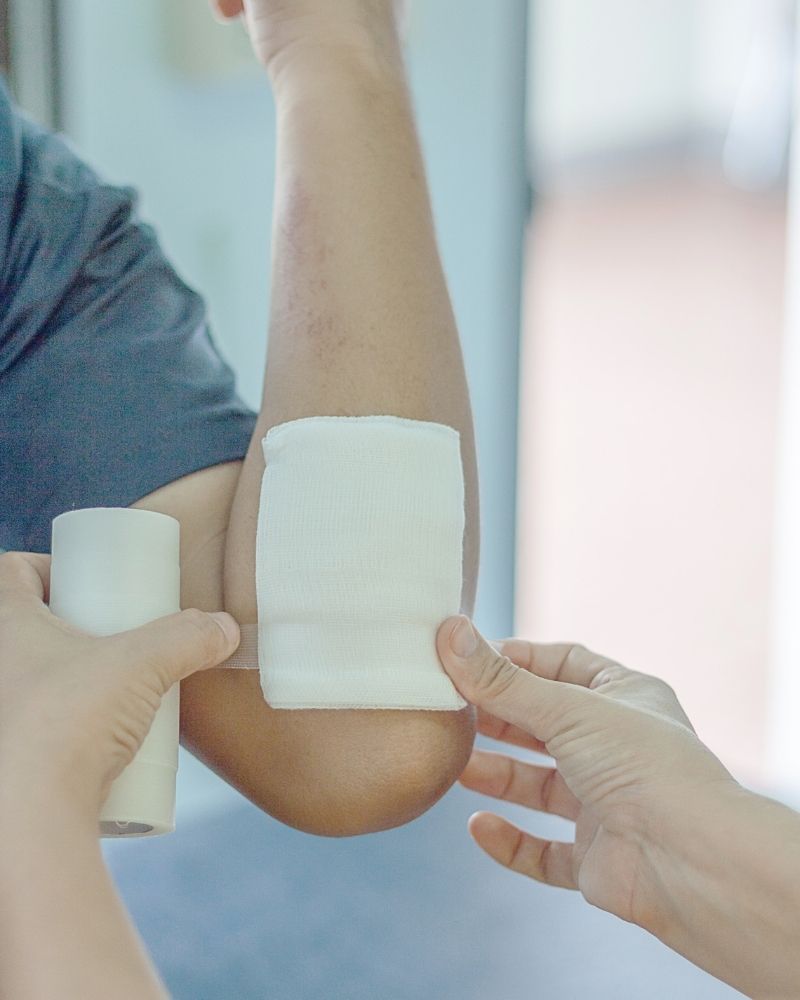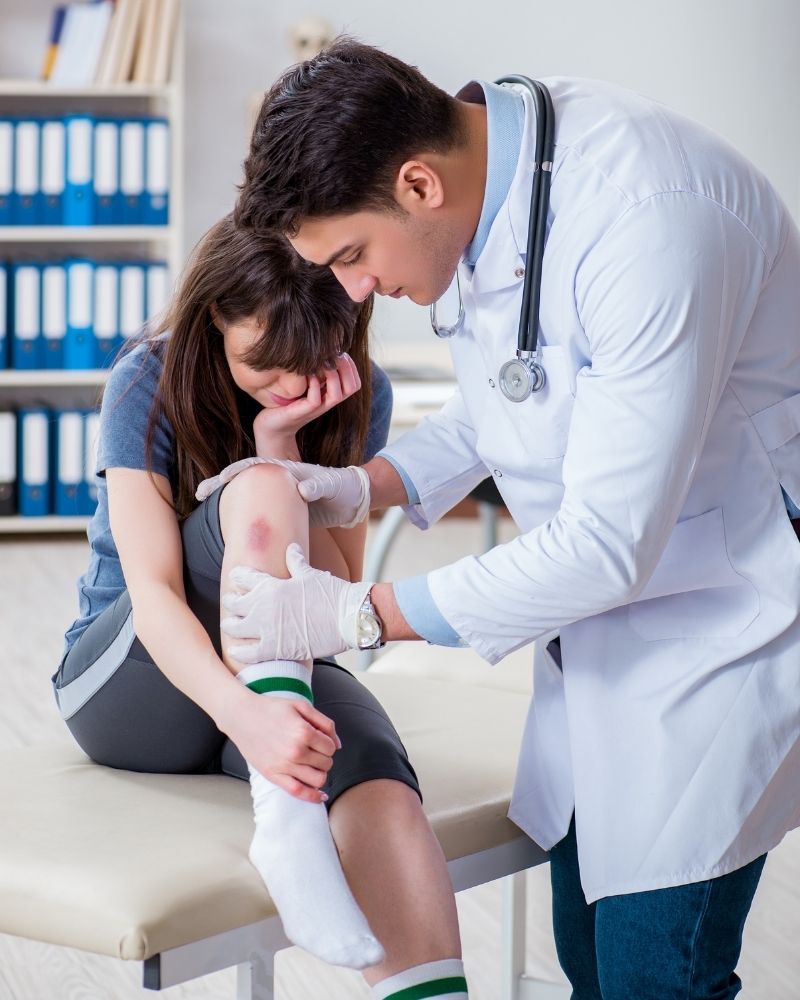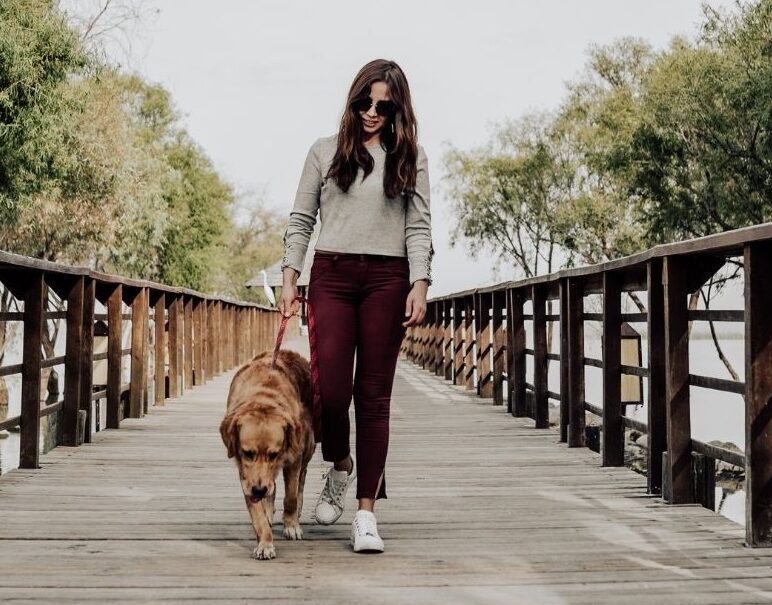
What Should You Do Right After A Dog Bite?
Getting bitten by a dog is something you never really expect. When it happens, it can shake you up in more ways than one. There’s a lot to process in that moment. The pain is immediate, but so is the confusion. You’re trying to stay calm while your brain jumps from one thought to the next. Do I need stitches? Is this serious? What do I even do now?
Somewhere in that mental scramble, other questions start to surface—like whether you should call animal control, if the dog had its shots, or even if someone else might be responsible. You might not think about things like hiring lawyers specializing in dog bites right away, but later, when the bandage comes off or the medical bill arrives, it crosses your mind.
For any type of injury, it’s important to find your bearings. When you’ve been bitten, there are steps you can take to protect your health, support your recovery, and make sure you’re not overlooking something important. Let’s start with what matters most: your safety.
Step One: Get to Safety and Clean the Wound
First things first: make sure you’re out of harm’s way. If the dog is still nearby or aggressive, remove yourself from the area before addressing the injury.
Once you’re safe:
- Rinse the bite gently. Use warm water and mild soap. Let the water flow over the wound for several minutes to remove dirt and saliva.
- Apply an antiseptic. Use hydrogen peroxide, iodine, or an over-the-counter disinfectant to kill bacteria.
- Cover it up. Use a sterile bandage to protect the area from germs and irritation.
If the wound is bleeding, apply steady pressure with a clean cloth. Elevating the area can help slow the bleeding and reduce swelling.

Step Two: See A Doctor Right Away
Even if the bite doesn’t seem serious, it’s worth having a doctor take a look. They can thoroughly clean the wound, check for hidden damage, and prescribe antibiotics if needed.
Rabies is a rare but very serious concern. If you don’t know the dog or it was acting strangely, you may need rabies shots as a precaution. You might also need a tetanus shot depending on your vaccination history.
Getting medical care isn’t just about peace of mind. It’s about making sure nothing is overlooked that could become a bigger problem later.

Step Three: Keep a Record of Everything
After the immediate danger passes, write down everything you remember. Where you were, what time it happened, what the dog looked like, and whether you know who owns it.
Take clear photos of your injury, ideally from different angles. Keep all your medical records, prescriptions, and receipts. These details can make a huge difference if you end up needing legal support or file an insurance claim.
If anyone saw what happened, get their name and contact info. Their account might help back up yours if needed.

Step Four: Report the Bite
Letting your local animal control or health department know about the bite isn’t about blaming someone. It’s about making sure the dog is healthy and that the community is safe. If you were bitten by a dog in Costa Mesa, you can report it to OC Animal Care at (714) 796-6421.
When you report the incident, share as much detail as you can. Describe the dog, where it happened, and any contact info you have about the owner. This might help prevent future bites or alert officials to a pattern they weren’t aware of.

Step Five: Know Your Legal Rights
Dog bites can bring a lot of unexpected costs. Between medical bills, time off work, and the emotional impact, things can add up fast. Depending on your location, you may be legally entitled to compensation.
Some states hold dog owners strictly responsible for bites. Others require that you prove the owner knew their dog might be dangerous. Either way, having solid documentation helps support your case.
Keep in mind that the dog owner might argue that you provoked the dog or were somewhere you weren’t supposed to be. If you’re unsure how to handle the situation, talking with a personal injury attorney can be incredibly helpful.

How Bad Is It? Understanding the Severity of a Dog Bite
Some bites barely break the skin. Others go deep and may need stitches or more serious care. The difference isn’t just what it looks like, but how deep it goes and where it happened.
If the wound is shallow and not bleeding much, you can likely treat it at home. But if you notice swelling, spreading redness, pus, or warmth, that’s a sign of infection. It’s time to see a doctor.
Deep wounds, especially on your hands, feet, face, or neck, need professional attention right away. And if you’re not sure whether the dog had its rabies shots or your tetanus vaccine is up to date, that’s something to discuss with a medical professional.

Dog Bites Are More Serious Than They Seem
Dog bites can be deceptively dangerous. Even small nips can turn into serious infections. Dogs carry bacteria in their mouths that your body isn’t prepared to fight off alone. Infections, abscesses, or even sepsis can develop if a bite isn’t treated the right way.
The location of the bite also matters. Wounds on the hands, face, or near joints are more prone to complications due to the density of nerves, tendons, and limited tissue in those areas.
A dog bite doesn’t just leave marks on your skin. It can leave a lasting emotional imprint, too. You might start avoiding dogs, feeling nervous around them, or reliving the event. You might feel jumpy around barking, avoid places where dogs might be, or feel uneasy for weeks or months afterward. That’s valid. It’s important to take your emotional recovery just as seriously as your physical one.
That’s not weakness—it’s trauma. And it’s okay to get help for it.
If your fear starts to affect your daily life, or you’re experiencing flashbacks, anxiety, or nightmares, consider reaching out to a therapist. Talking through your experience can help you work through the emotions and get back to feeling like yourself.
How to Stay Safe Around Dogs Going Forward
It’s completely normal to feel anxious around dogs after being bitten. But learning a few simple safety habits can help restore your confidence.
Sometimes, people do things that dogs don’t like. Watch for signs a dog is uncomfortable—things like growling, a stiff posture, or baring teeth. If you see any of those, give the dog space.
When meeting a dog, let it come to you. Don’t reach over its head or try to pet it too quickly. Avoid disturbing dogs when they’re eating, sleeping, or caring for puppies.
If you have kids, teach them how to act around dogs. No teasing, chasing, or rough play. And always supervise when kids are near a dog, especially one they don’t know.
Final Thoughts
Being bitten by a dog is scary, painful, and emotionally draining. But you don’t have to go through it blindly. Knowing what to do in the aftermath can help you feel more in control and supported.
Take care of your wound, talk to a doctor, report the incident, and give yourself the space to heal emotionally, too. And if you need legal or medical guidance, don’t hesitate to ask for it. Your health and peace of mind matter. With the right steps, you can recover fully and feel safe again.

About the Author:

Victor Cayetano
Victor Cayetano is an Outreach Specialist at Arash Law. Their injury blog has earned recognition from government and educational institutions and has been featured on their platforms.
